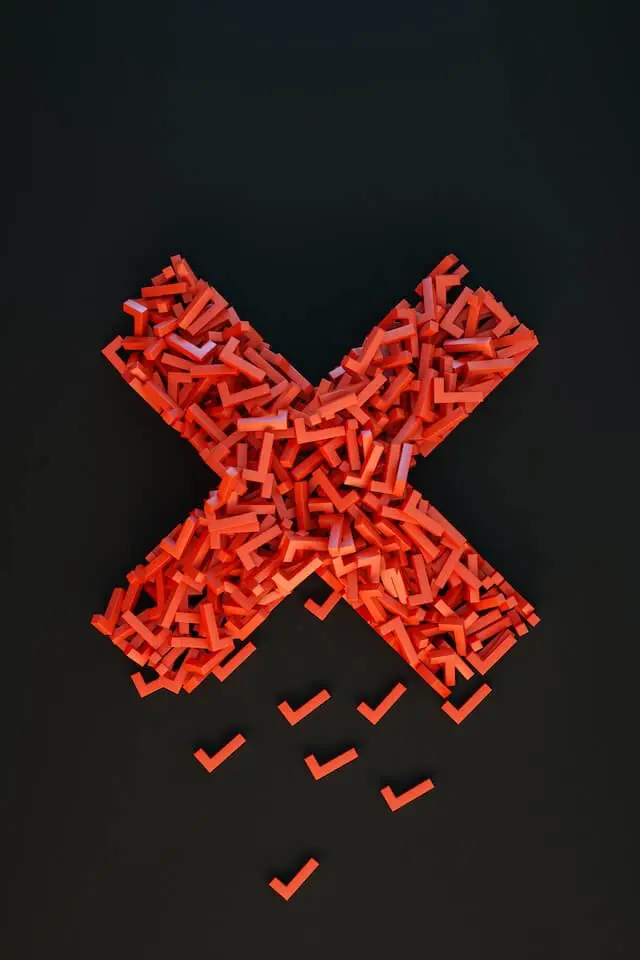Wrong!
"Policy" is not the correct answer, please press the BACK button and try again!
There is only one correct answer for each question, please try again!
NEXT
How Long Do You Really Have to Refuse a Defective Product? State Cutoffs & Hidden Exceptions.
Most Americans believe they have thirty days to return defective purchases, but state laws tell a strikingly different story. In New York, consumers technically have four years under the Uniform Commercial Code to revoke acceptance of goods with hidden defects, though the window for outright rejection is far narrower—typically before substantial use occurs.
The landmark case Ramirez v. Autosport illustrates this complexity. A New Jersey buyer purchased a motor home plagued with repeated defects over months. Despite the dealer's multiple repair attempts, the court allowed revocation of acceptance because the defects substantially impaired the vehicle's value and weren't discoverable during initial inspection. The buyer had driven it 7,000 miles, yet still prevailed.
The critical distinction lies between "rejection" and "revocation of acceptance". Rejection must happen quickly, before meaningful use signals acceptance. But revocation—available when defects emerge later or sellers promise fixes—extends considerably longer. In California's Jimenez v. Superior Court, a vehicle owner successfully revoked acceptance eighteen months after purchase when chronic transmission problems persisted despite repairs.
The hidden exception? Many states require buyers to give sellers reasonable opportunities to cure defects before revocation succeeds. In Fablok Mills v. Cocker Machine, a textile buyer lost because they rejected machinery after minor issues without allowing adequate repair time. Courts consistently demand good faith and reasonableness. Time limits aren't fixed dates but flexible standards judged against circumstances—the defect's severity, repair attempts made, and how quickly buyers complained. That "no returns" sign matters far less than whether you documented problems promptly.




